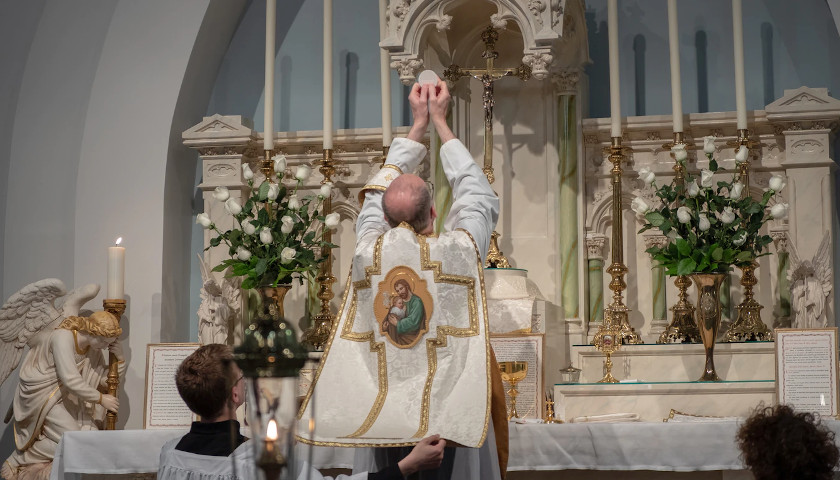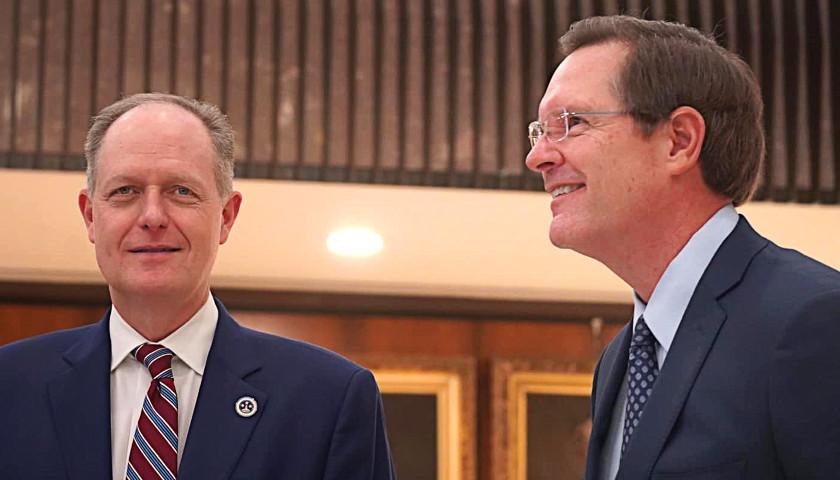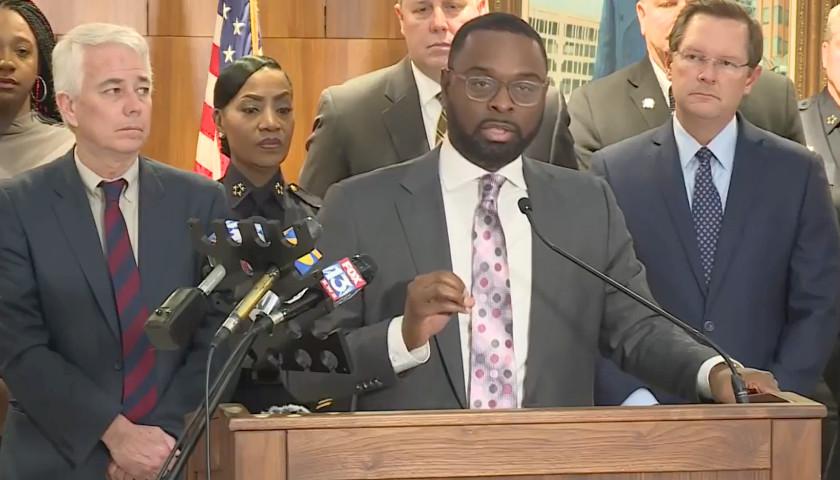Voters will likely see on the ballot an amendment confirming that faith leaders and teachers can lawfully join the legislature. The Supreme Court (SCOTUS) ruled in McDaniel v. Paty, et al. in 1978 that this provision was unconstitutional. It is unclear why Tennessee never updated its constitution to strike that provision. It is also unclear what the legislature could do if voters were to turn down the amendment.
The proposed resolution by State Senator Mark Pody (R-Lebanon) reaffirms SCOTUS rejection of excluding individuals from the legislative process based on their status as a recognized teacher or leader within the Christian faith.
Up until the late 19th century, at least 12 other states had adopted similar constitutional provisions. Tennessee was the last state to have such a disqualification in place. By and large, the intent of these provisions reflected Tennessee’s – that faith leaders and teachers should be devoted only to their religious work, not lawmaking.
The amendment in question remedies Article IX, § 1 of the constitution.
“Whereas Ministers of the Gospel are by their profession, dedicated to God and the care of souls, and ought not to be diverted from the great duties of their functions; therefore, no Minister of the Gospel, or priest of any denomination whatever, shall be eligible to a seat in either House of the Legislature,” states the law.
The Tennessee Constitution also technically prohibits atheists and “duelists” from holding any civil office. The latter is in reference to any individual who challenges another, accepts another’s challenge, or aids or abets another to a duel.
According to early 20th-century research from the Tennessee Historical Society, these provisions are attributable to Tennessee’s beginnings when it was a part of North Carolina. Religious disqualifications came from the North Carolina Constitution at the time, and the duelist disqualification came from the state’s recognition of its people becoming more civilized.
Under the 1961 SCOTUS decision in Torcaso v. Watkins, atheists can’t be disqualified from serving. However, that provision hasn’t been rectified.
The amendment concerning ministers and priests serving in the legislature hasn’t been scheduled for a final vote by the Senate Calendar Committee yet. It was recommended for adoption by lower committees on Tuesday.
– – –
Corinne Murdock is a reporter at The Tennessee Star and the Star News Network. Follow her latest on Twitter, or email tips to [email protected].





